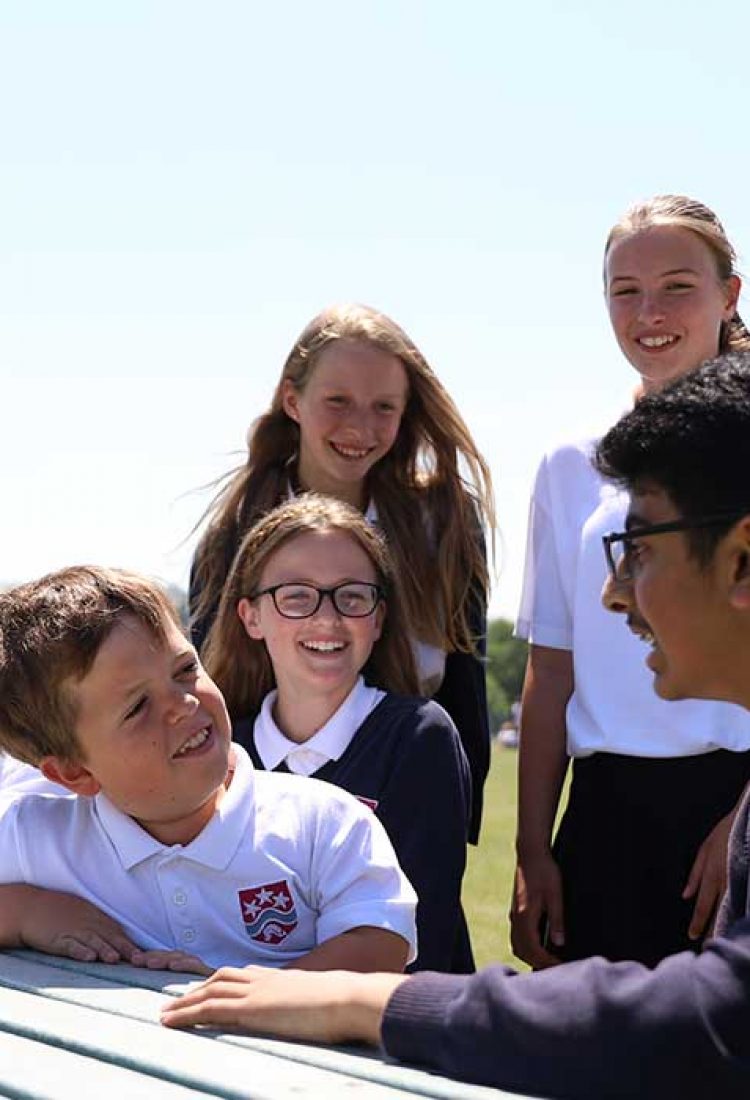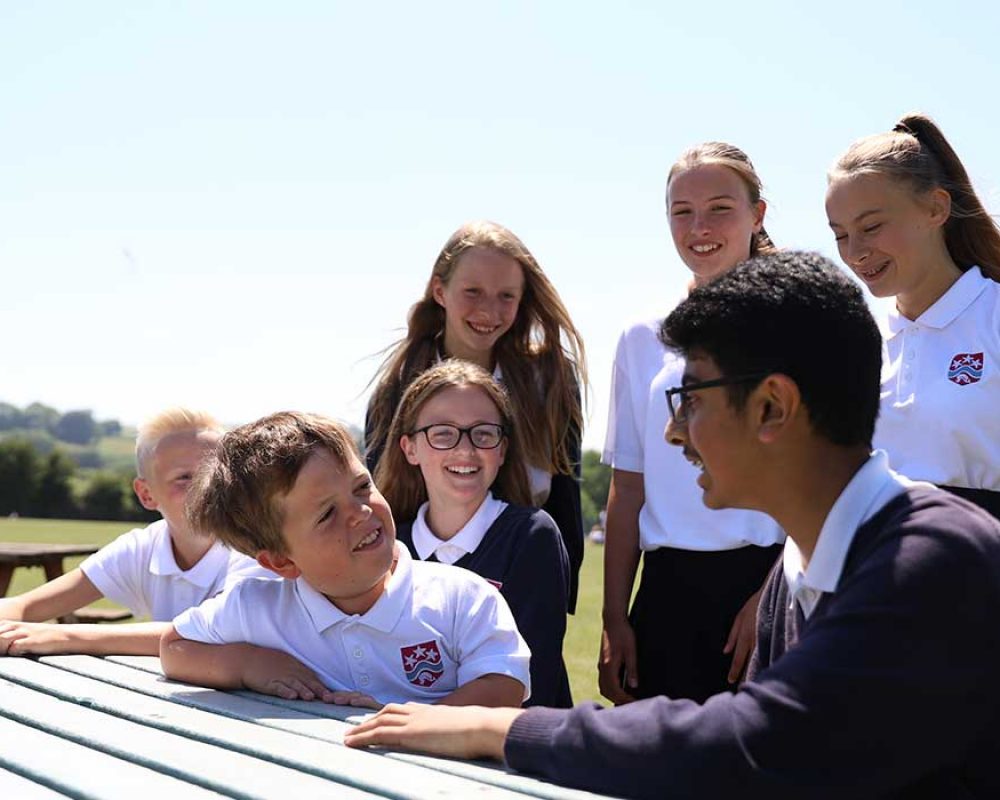Head of Department: Mrs R Gerry
Other Staff:
- Mrs L Godwin
- Mrs E George
Being able to understand and speak another language is one of life’s most rewarding and beneficial experiences. Recognising this, the Spanish department is on a quest to help learners find ever more effective ways to take personal ownership of the Spanish language and experience the sense of pride and satisfaction that comes with understanding and speaking it. As lifelong learners we teachers also push our boundaries by learning new languages, trying out and analysing the latest teaching and learning methods so that we can then refine and use them in Spanish lessons. With the development of online learning, Spanish is enjoying an unprecedented wave of popularity. Even without taking this into account, Spanish is the second largest language in the world by geographical distribution. It is the first language of most countries of the American continent and has even unofficially overtaken English as the principal language in some southern parts of the United States. Given the importance of Spanish in today’s globalised reality, the Spanish curriculum focuses on providing students with the core skills they will need to communicate and understand in any situation. The course consists of opportunities for pupils to develop the ability to understand and use Spanish effectively for the practical purposes of communication while developing an awareness of the nature of language and language learning. The course also offers insights into the culture and civilisation of Spain and Spanish speaking countries.
What we do
Students learn about the language in terms of vocabulary and grammar. They become familiar with sounds too. Phonics study is an important part of the curriculum so students can pronounce Spanish words with confidence.
Repetition, retrieval in all its forms, is instrumental and embedded into each lesson because the study of a language is progressive and based on frequent exposition to particular rules and words.
Students gain the knowledge of tenses as well as vocabulary so they can express themselves with regards to past present and future events. A range of skills are developed: listening and understanding, speaking and communicating.
Culture is integrated into the programme of study as we provide students with examples of music, popular culture, celebrations, festivals and traditions regarding food in Spanish speaking countries. We also encourage students to discover, discuss and debate unfamiliar lifestyles, global events, problems and changes.
Year 7 | Year 8 | |
|---|---|---|
Autumn 1 | Basic introduction Phonics Basic grammar - ser and tener / key regular -AR, -ER and -IR verbs. Connectives Usual classroom language | Holidays Using the past tense, describing holidays in the past, understanding the preterite tense with ser and ir and key regular -AR, -ER and -IR verbs, looking at holiday destinations in Spain |
Autumn 2 | Free time Opinions, weather, sports and other hobbies | All about me Mobile phones, Spanish pop music, Spanish TV, comparisons between different types of programmes and music |
Spring 1 | School Subjects, likes and dislikes, adjectives, life in and around school | Food and drink Describing different meal and preferences, tapas and other Spanish foods, buying food for a Spanish fiesta |
Spring 2 | Family and friends Describing people, hair and eyes, using possessive adjectives, reading about fiestas and carnivals | Planning events Arranging to go out, making excuses, talking about what you will wear, discussing sporting events with three tenses (past, present, future) |
Summer 1 | My town Describing places, telling the time, ordering in a café, using modal verbs | Holidays Describing a holiday home, asking for directions, looking at Spanish summer camps, using superlatives |
Summer 2 | Consolidate grammar Hybridising and experimenting with grammar and vocabulary from the year | Consolidate grammar Hybridising and experimenting with grammar and vocabulary from the year |


